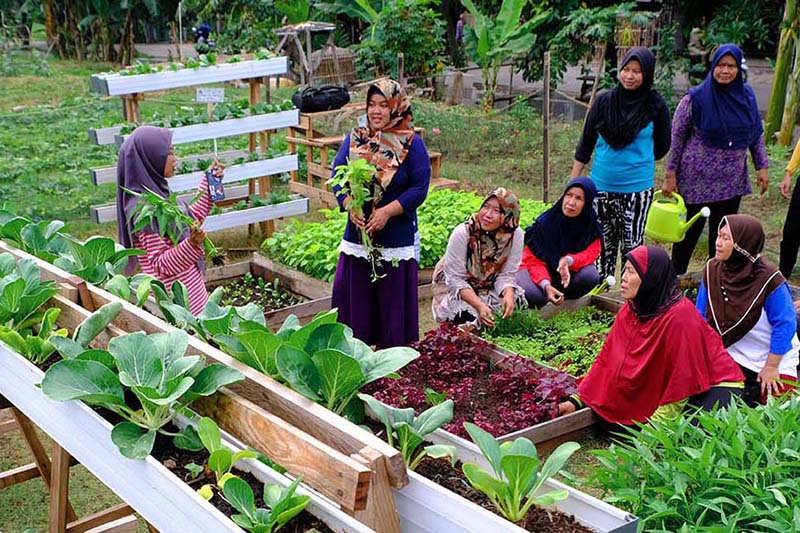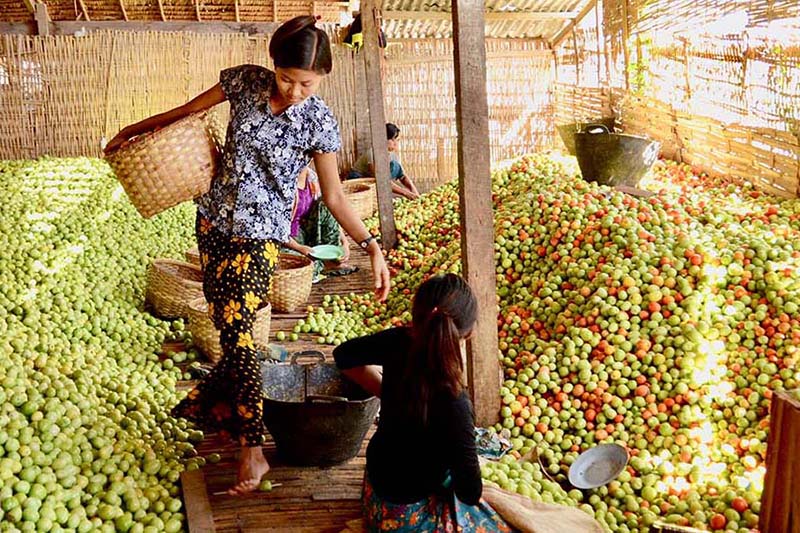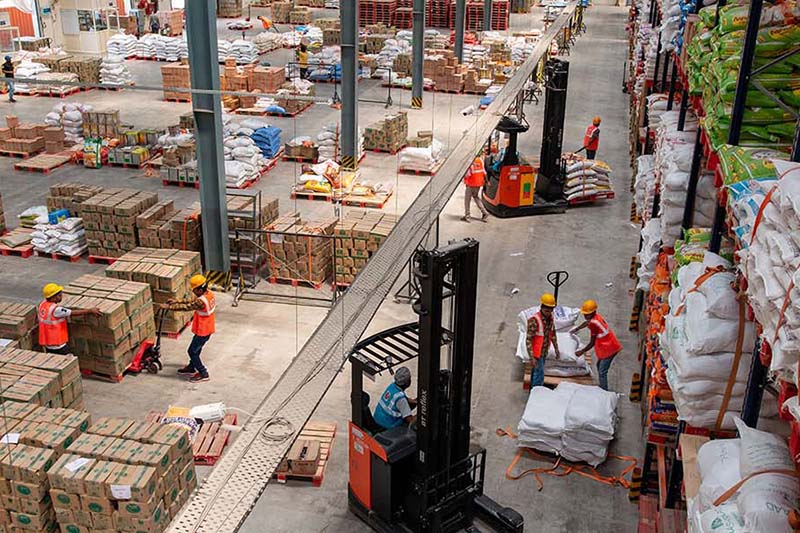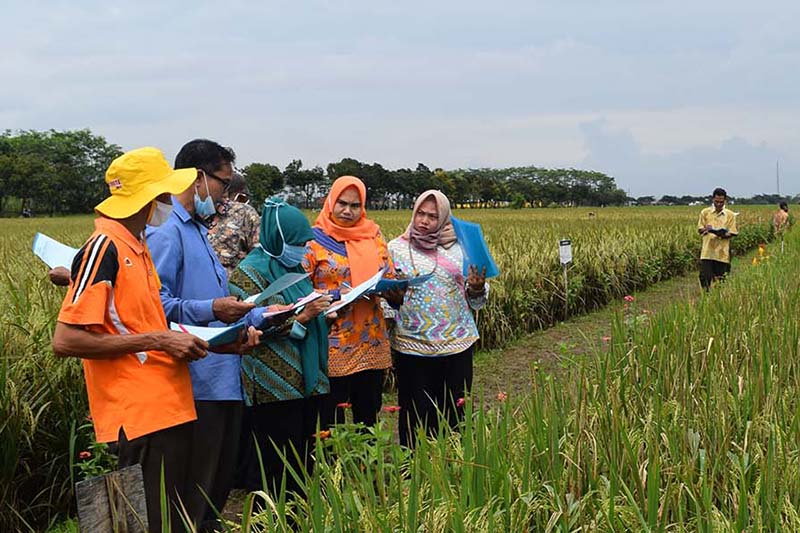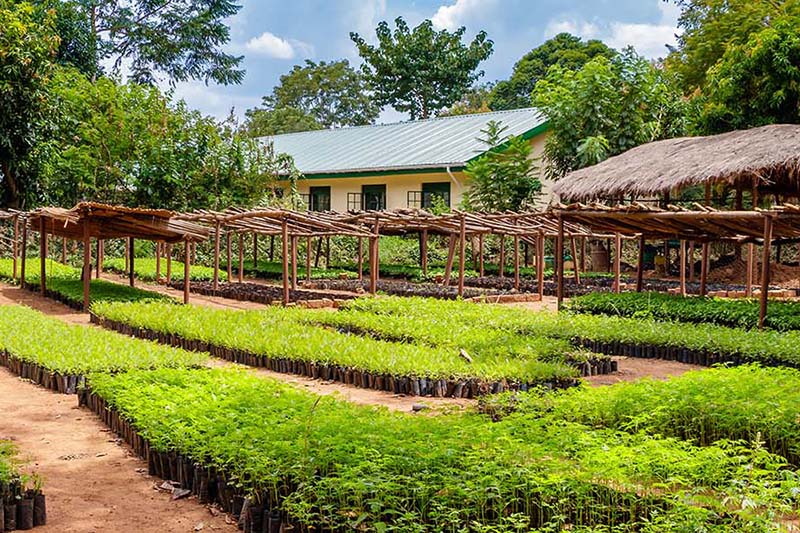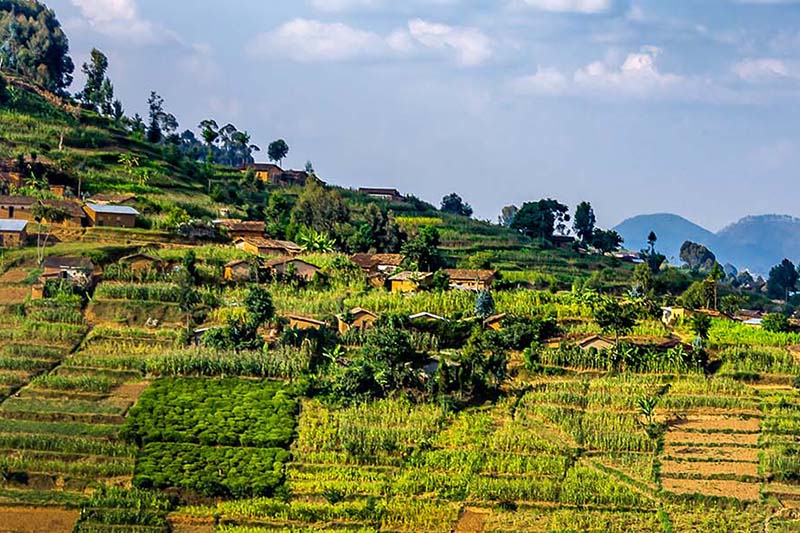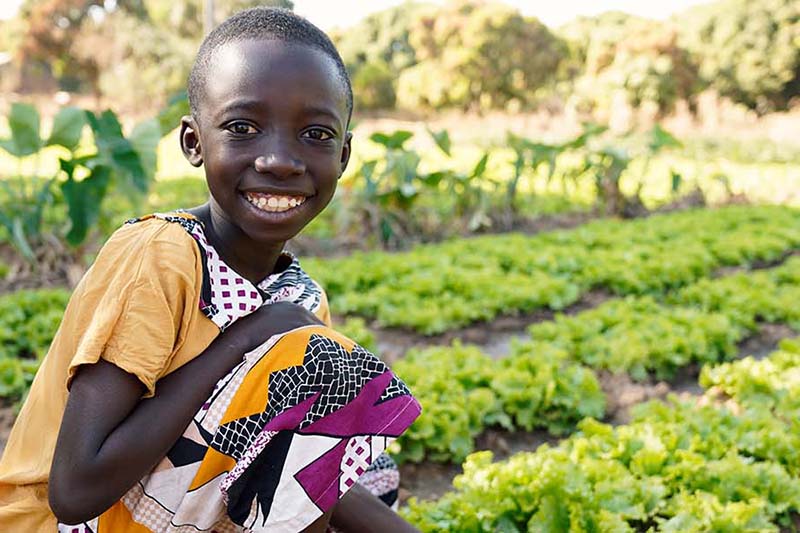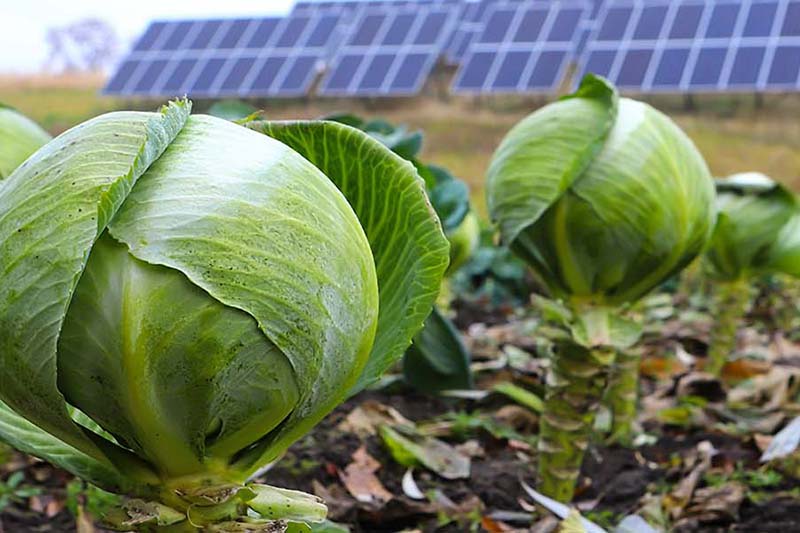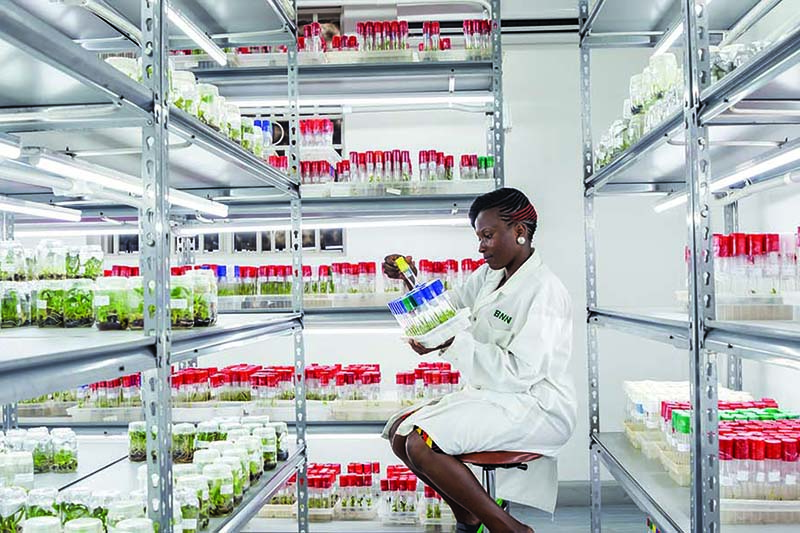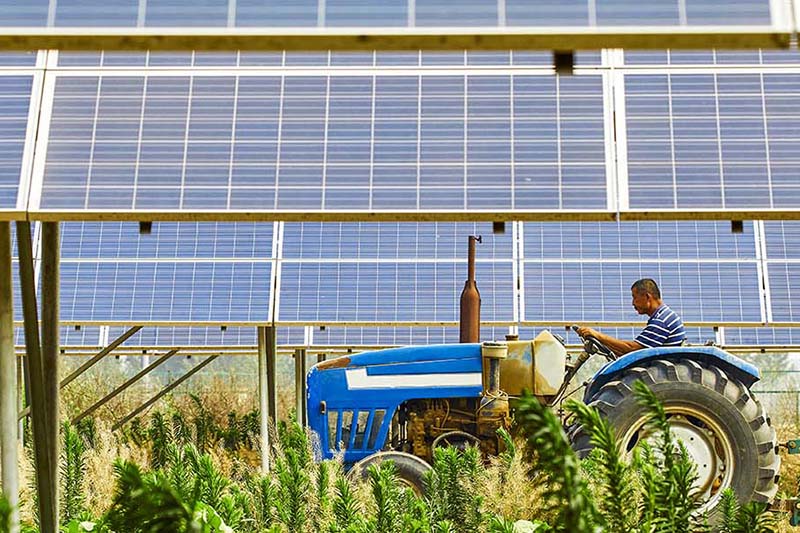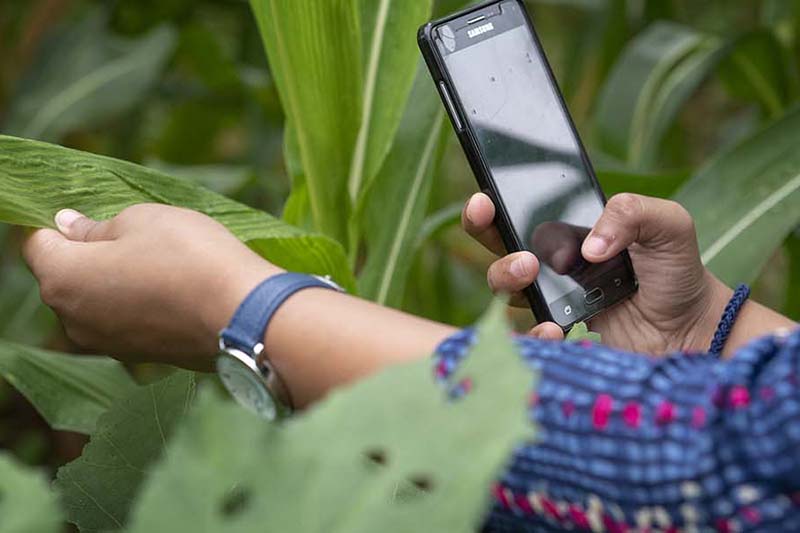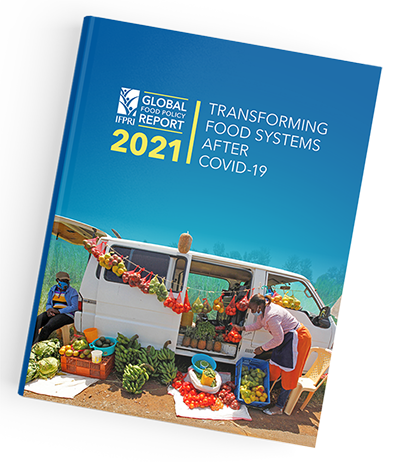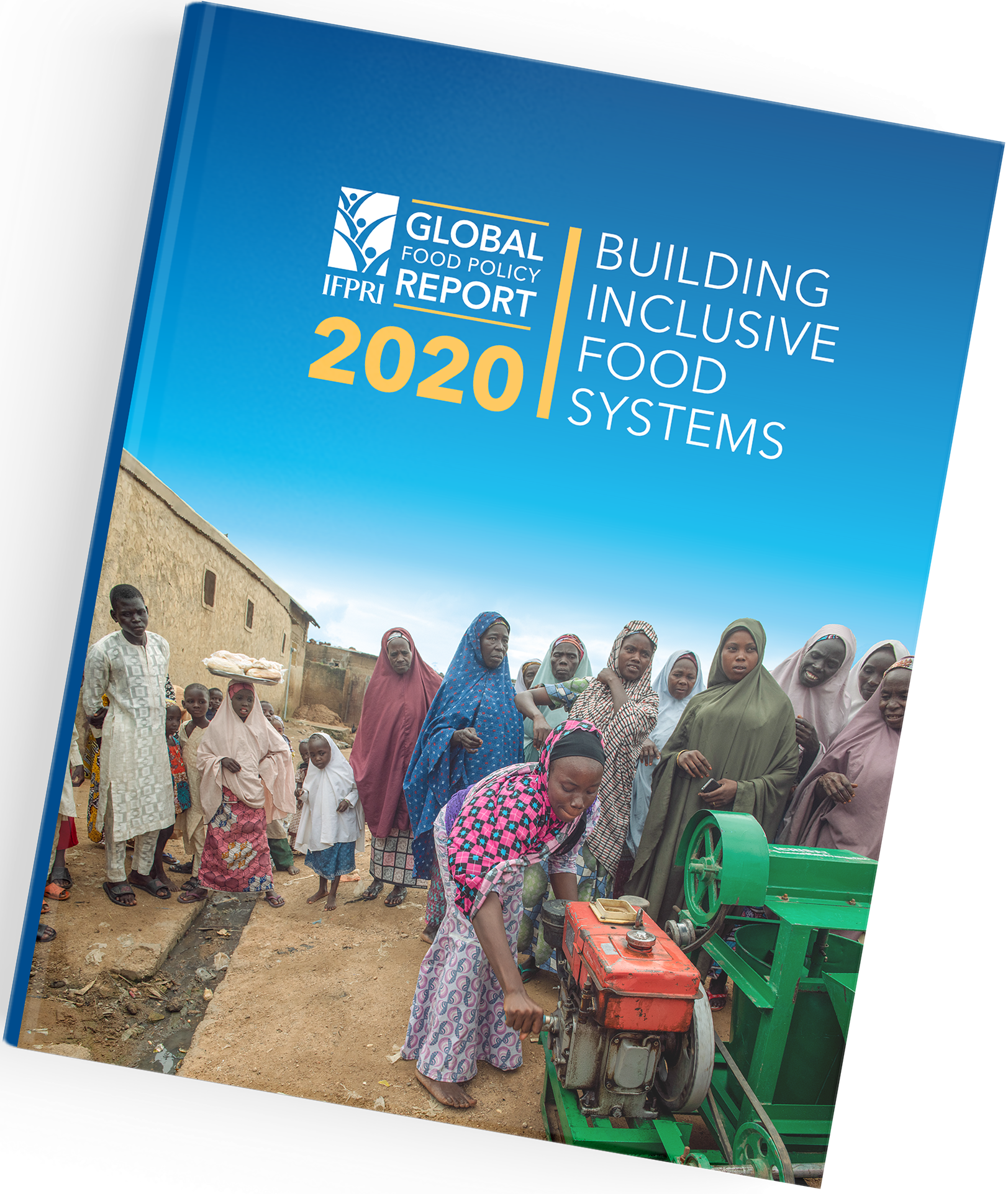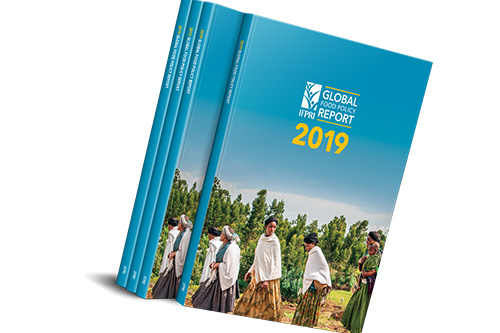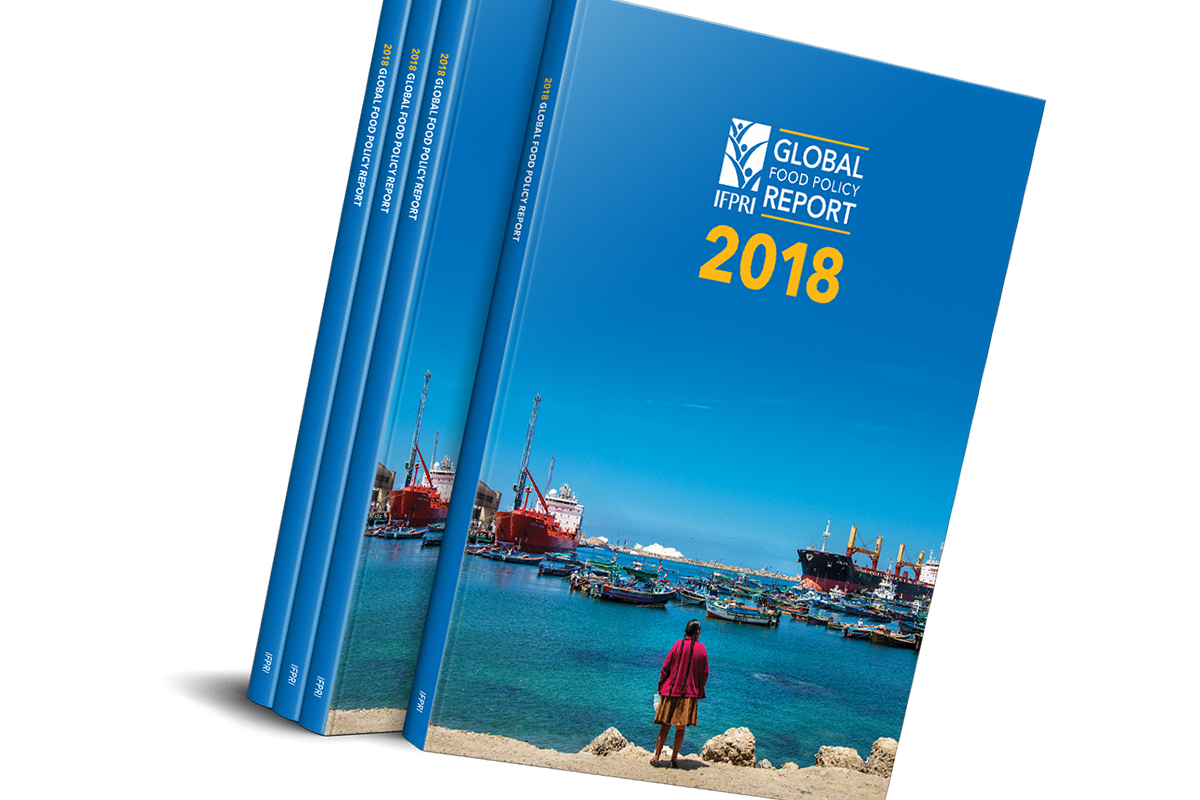Climate Change & Food Systems
Virtual launch video now available
MAY 12, 2022 | 9:30 - 11:00 am EDT
FOREWORD
A word from IFPRI
Our food systems are inseparably linked to the unprecedented climate crisis, which threatens the food security, nutrition, and health of billions of people. Food systems are not only severely impacted by climate change, requiring an urgent focus on adaption, but also play a role in causing global greenhouse gas emissions. Investing in food systems transformation is a key piece of the climate change puzzle, but recent efforts fall far short of what is urgently needed: a wide range of investments in climate-positive research, development, policies, and programs rooted in food systems.
Themes
Transforming Food Systems
Food system transformation must play a central role in climate adaption and mitigation through actions that ensure food security, livelihoods, and sustainability
Repurposing Agricultural Support
Repurposing current government support to agriculture, such as subsidies to farm outputs, can fund the R&D needed for climate-smart food systems
Trade Reforms
Free and open trade can support food security and nutrition and contribute to sustainable resource use
R&D for Food Systems
Investments in R&D provide enormous returns in food system productivity and sustainability
Climate Finance
Financial flows for climate change can be reoriented to support sustainable food systems transformation
Social Protection
Creating adaptive social protection systems for the most vulnerable is vital to building resilience to climate change
Landscape Governance
Landscape governance engages stakeholders for integrated management of natural resources to address climate change
Nutrition & Healthy Diets
Shifting to sustainable healthy diets to protect human and planetary health requires consumer education, fiscal measures, and healthier food environments
Clean Energy
In coordination with water and other resource sectors, investments in clean energy can boost agricultural productivity and sustainability
Bio-innovations
Recent innovations in genome-editing allow researchers to rapidly develop climate-resilient crops suitable for small farmers in low- and middle-income countries
Food Value Chains
Climate change will require adaptation all along food value chains, from crop production to consumption, to prevent disruptions and food waste
Digital Innovations
Digital innovations offer technologies and unprecedented access to data to manage climate risks to food systems
Regions
Africa south of the Sahara
Responses to climate change in Africa must focus on adaptation by tailoring innovations to diverse local contexts and mobilizing investments for resilience
Latin America & Caribbean
The region’s food systems provide vital food exports and its forests are key to global mitigation efforts, but LAC countries have suffered recent setbacks
Central Asia
Projected impacts on crop yields point to the need for crop diversification, water-saving technologies, and increased use of digital technologies for resource management
Middle East & North Africa
The combination of climate change and water scarcity requires new approaches to water management, including new technologies and climate-smart trade
East & Southeast Asia
Improved financing is needed to drive sustainable food system transformation, especially for small farmers
South Asia
Reform of government subsidies for fertilizers and energy can support a shift to more sustainable food systems


